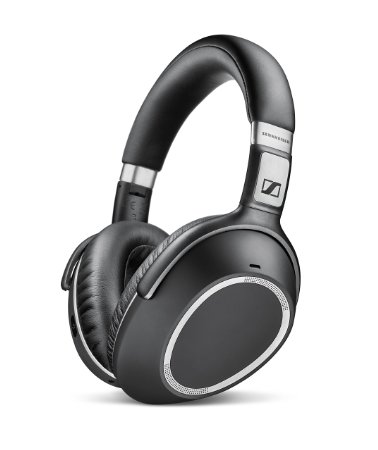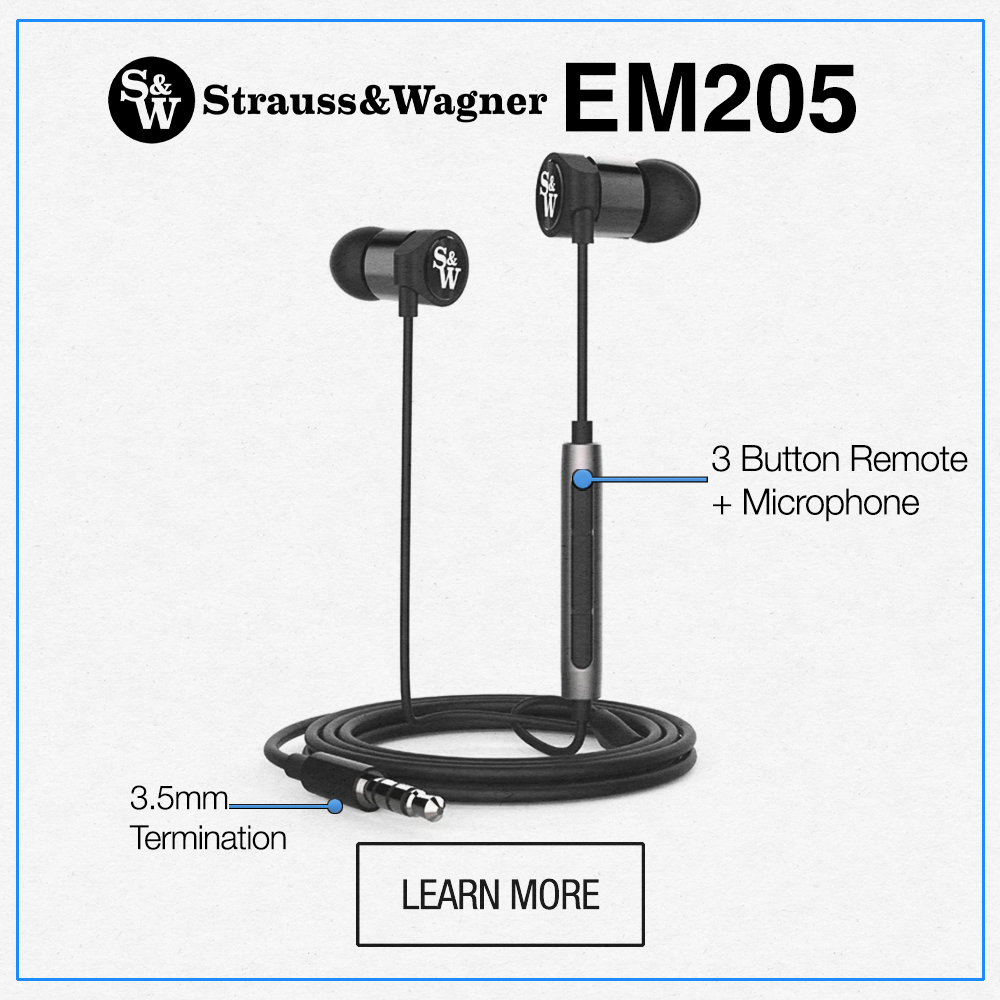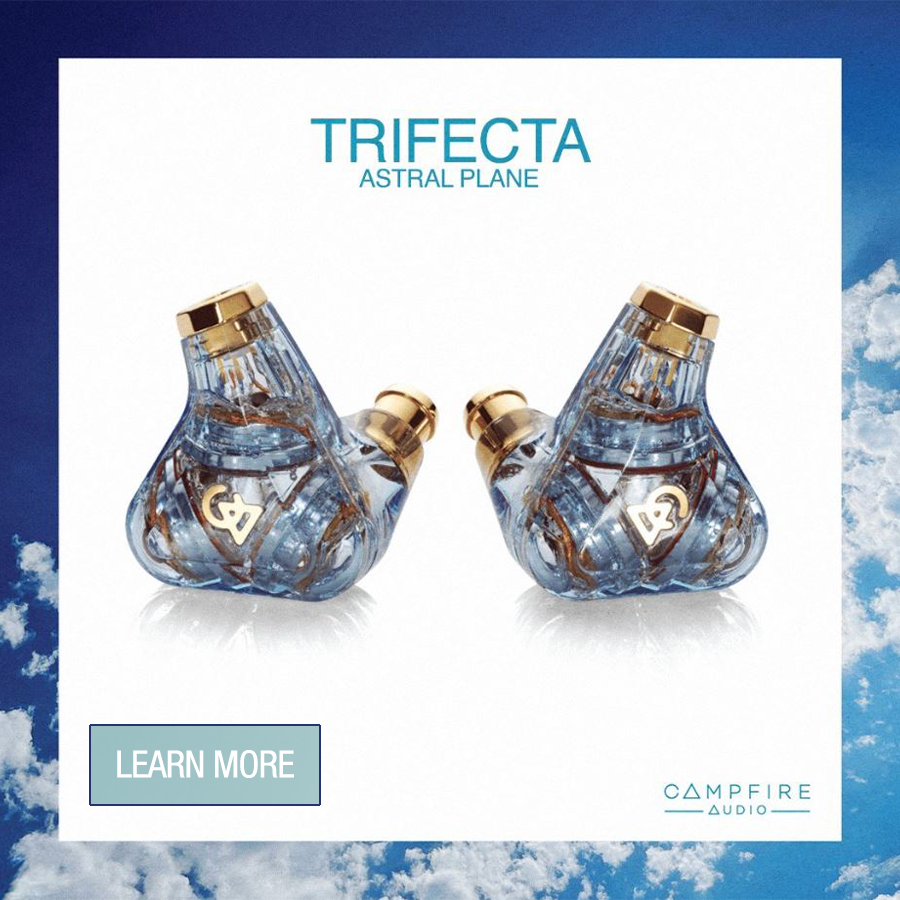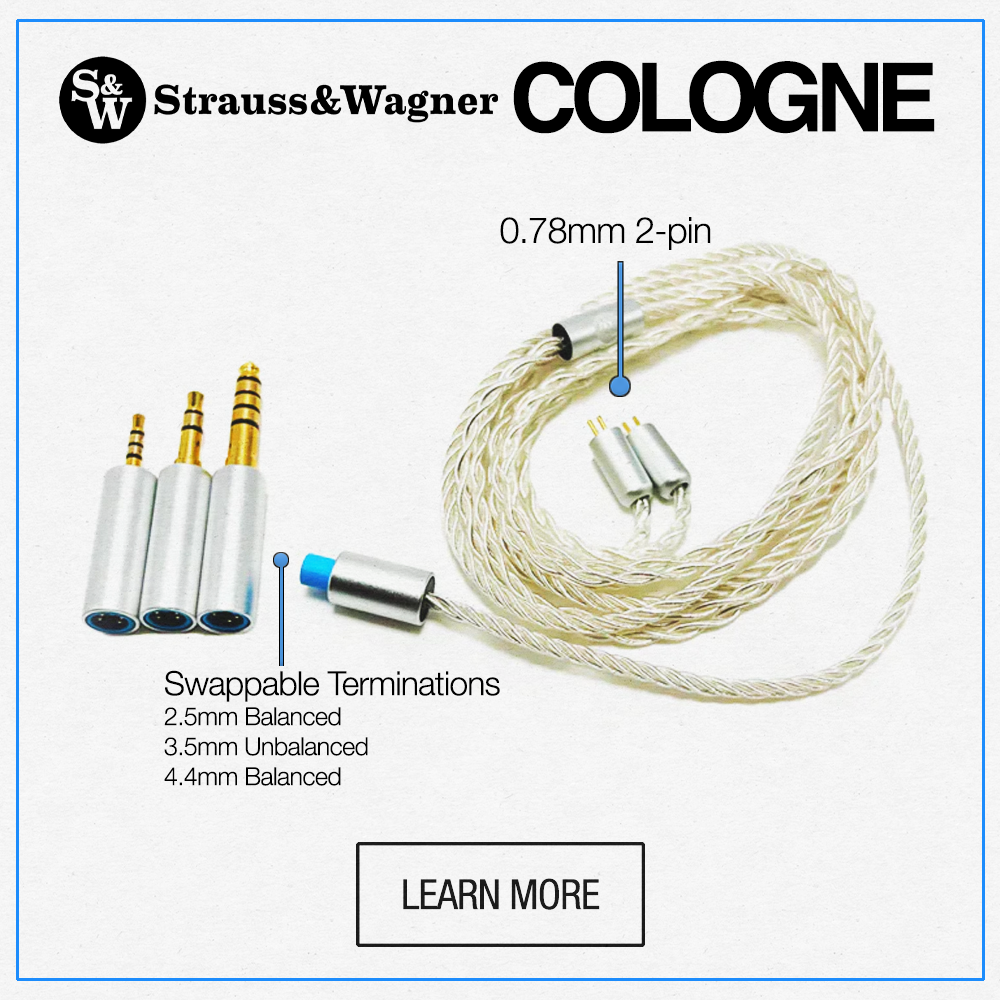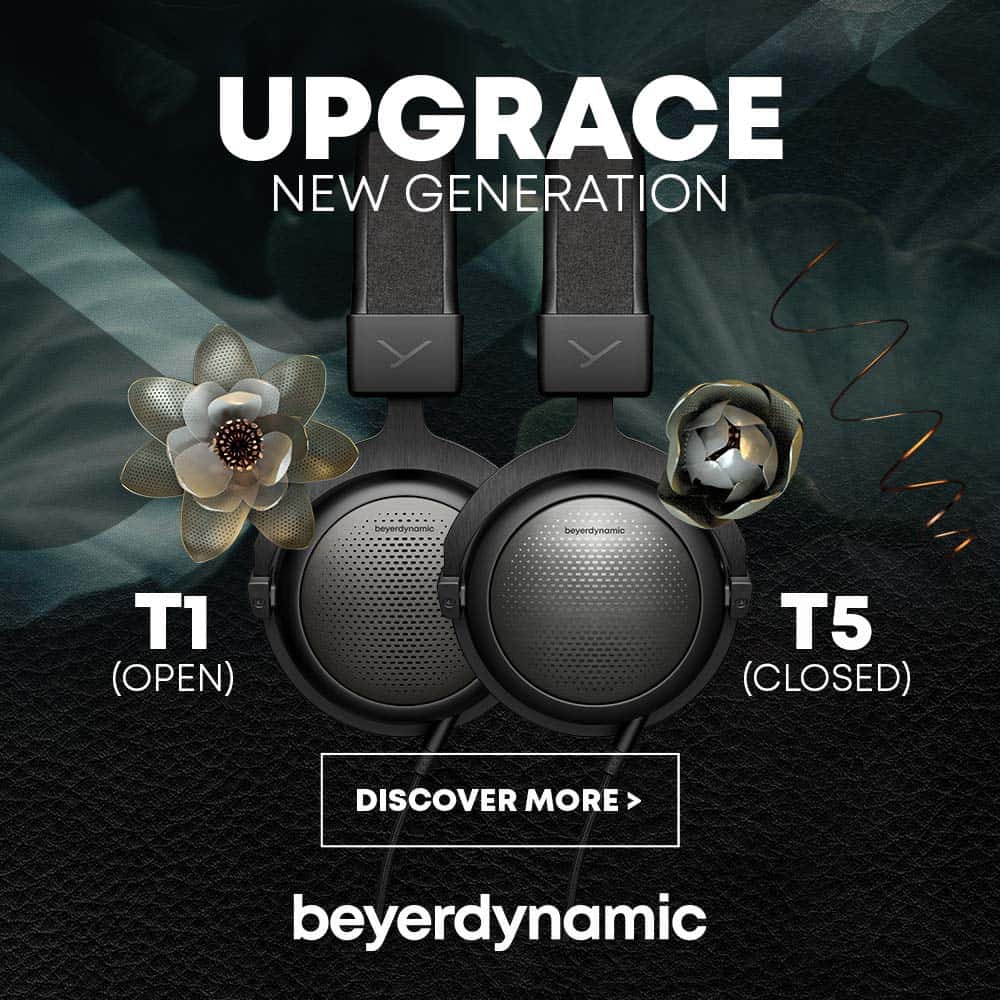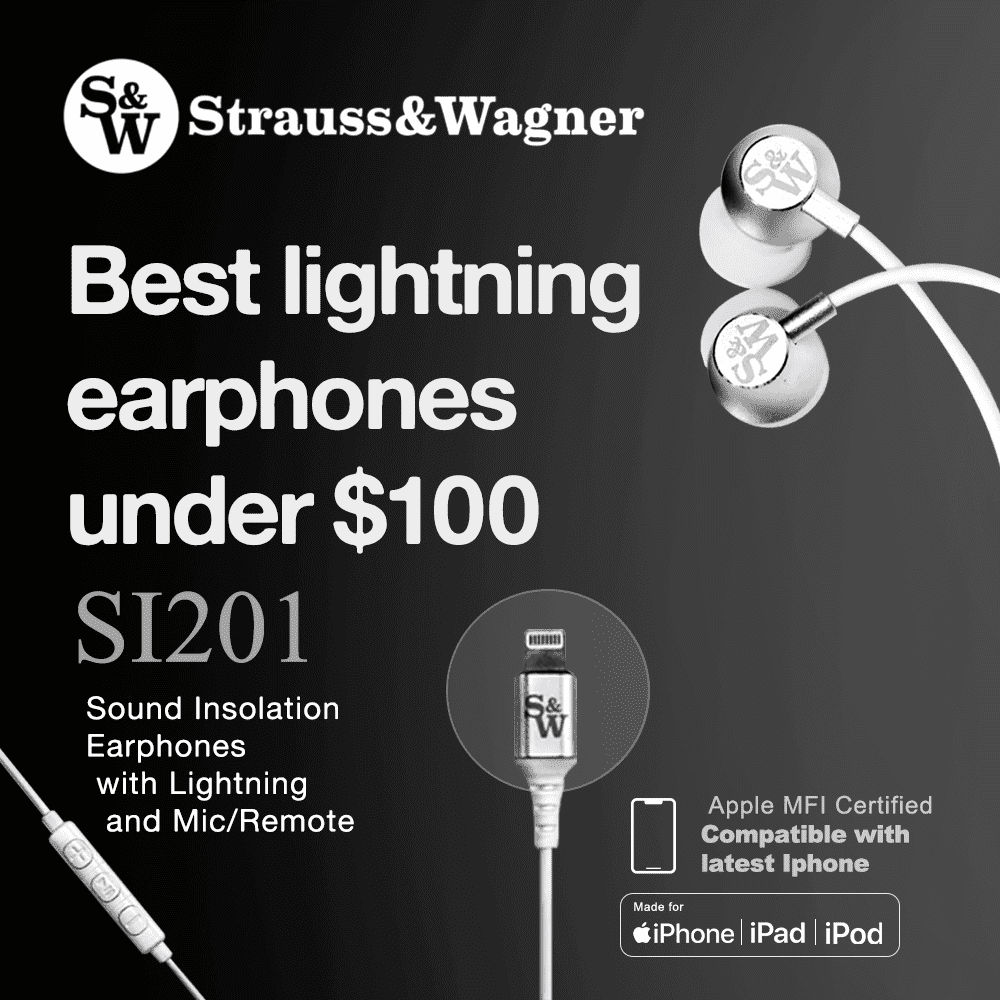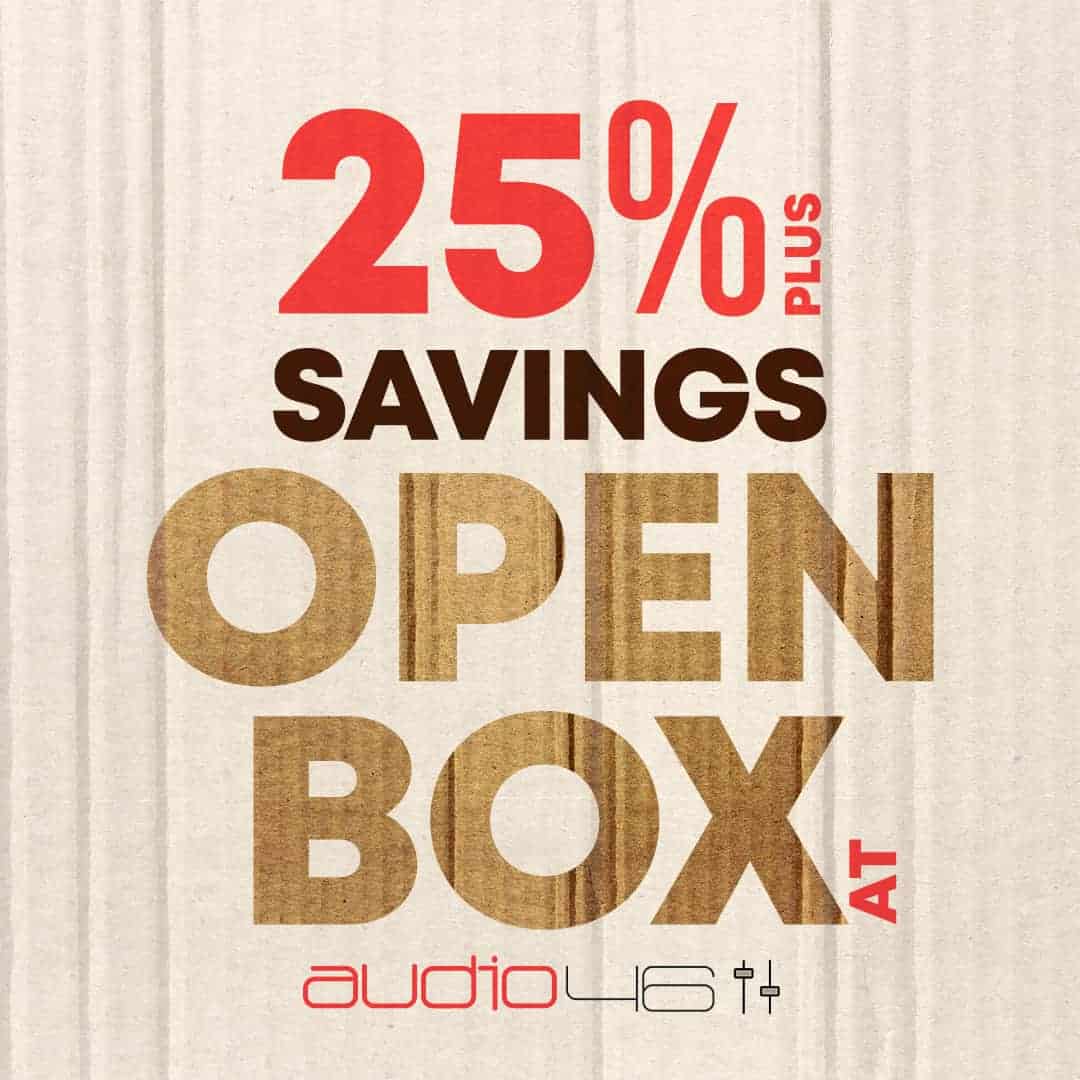When headphone shopping I often hear the terms sound isolating and noise cancelling used interchangeably. People ask for one when I can infer by context clues they mean the other. They both have a little something to do with volume, but they aren’t the same thing. Come to think about it, you could possibly call the two opposites. Both features reduce noise, but they do so in very different ways. So, let’s talk noise isolating vs noise cancelling headphones.
Noise Isolating vs Noise Cancelling Headphones
Noise isolation involves a barrier that locks and retains noise inside and seals the unwanted, ambient noise out. For our case, that means your audio is locked inside of the ear cups and your noisy environment is sealed out of your headphones. The better your headphones isolate sound that means the better your music sounds, which means you no longer have to turn up your volume to harmful and irreversible levels. Noise isolation is dependent on quite a few factors including, the type of materials used to seal the cups, do the headphones fit well enough to create a proper seal against the head, and so forth…
Noise isolating headphones and earbuds are all closed-makes. In-ear and on-ear headphones are said to better seal out noise than over-ear options.
Noise cancellation is an entirely different ball game, but it’s still a ball game. NC headphones are built not as a barrier, rather a mechanism to cancel sound out, literally! Noise cancellation works with the use of microphones that measure the sound waves of the surrounding environment and create an inverse sound wave to cancel the noise out and greatly reduce the volume. To note, this process cannot completely cancel noise out. Contrary to what you might of heard, this just isn’t possible. But the constant drone of airplanes, air conditioning units, and distant office chatter are better muted because they are in the hit lower frequency range. Mid-range and high frequency noises and voices aren’t as easily drowned out.
Noise Isolating vs Noise Cancelling – Pros and Cons
While noise cancelling is an active means of reducing noise around you, this type of ear/headphone has its drawbacks. Noise cancelling headphones require batteries that need charging so either you’ll be plugging your cans into a wall or charging your batteries separately. Regardless, this can be an inconvenience to some. Second, there’s a chance you may not like the feel of noise-cancelling headphones if the “silence” is too strong. TBH, this is the case with me. A few sets of headphones that apply
There’s also the other issue of getting poorly made noise-cancelling headphones that don’t work properly and as a result you hear an annoying hiss. That being said, don’t get cheap ANC headphones or earphones. As attractive as a low-cost headphone sounds, don’t comprise a few dollars for poor technology. You’ll just end up seriously disappointed. Here are a few affordable to more expensive options below.
Types of Noise Isolating Headphones
Shure SE215 – $89 at Audio 46 & Amazon
Sennheiser HD 569 – $179.95 at Audio 46 & Amazon
Etymotic ER4SR – $349 at Audio 46 & Amazon
Type of Noise Cancelling Headphones
Audio Technica ATH-ANC23 – $49 at Audio 46 & Amazon
Sennheiser 4.50 BTNC – $199.95 at Audio 46 & Amazon
Sennheiser PXC 550 – $399.95 at Audio 46 & Amazon
Sony MDR-1000X – $399.99 at Audio 46 & Amazon
Now that you understand the difference you can discern which type of headphone is the better option for you.
Compare the ranking of various headphones, earbuds and in-ear monitors using our tools.
Discuss this, and much more, over on our forum.
---MAJORHIFI may receive commissions from retail offers.


